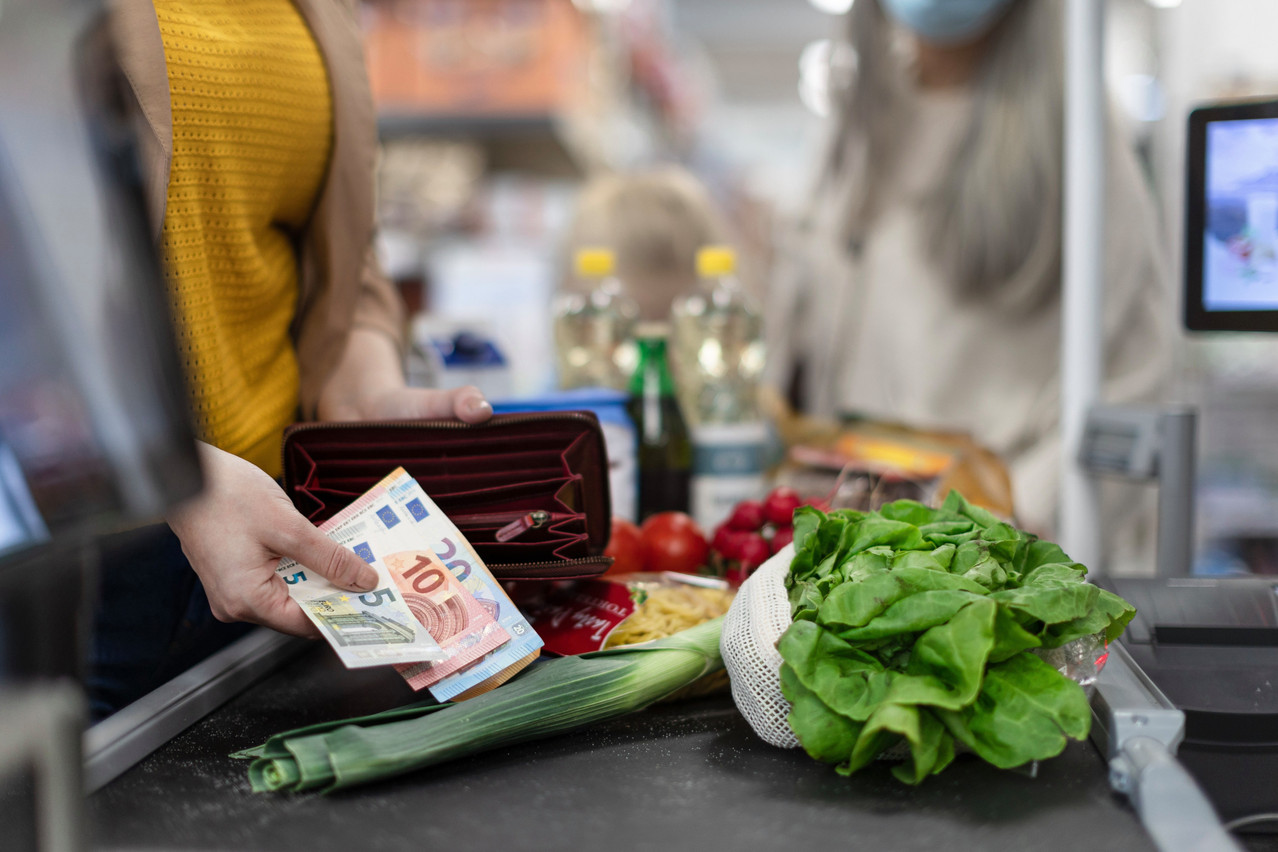The European Investment Bank published on 21 March the second round of results of a survey on how people feel about climate change and climate action. The survey was conducted in August 2022 in partnership with the market research firm BVA, using a representative panel of people aged 15 and above for each of the 30 countries polled (the 27 EU countries, UK, US and China).
For 55% of people in Luxembourg, climate change is the biggest challenge. 60% of respondents say they are convinced that their own behaviour can make a difference in addressing the climate emergency, 12 percentage points below the EU average. People younger than 30, however, are more convinced that their individual behaviour can have an impact (72% vs. 57% of people older than 30).
“The outcome of the EIB Climate Survey shows that people in Luxembourg are more than willing to help fight climate change at the individual level. As the EU climate bank, we welcome this commitment,” said EIB vice-president Kris Peeters. “We will continue to support projects and initiatives that accelerate the green transition and are looking for innovative ways to contribute to a prosperous future that leaves no one behind.” In 2022, Luxembourg received €426m of financing from the EIB Group.
Ready to pay more for local, sustainably produced food
77% of respondents in Luxembourg say they would be willing to pay “slightly more” for local, sustainably produced food. This figure is much higher than the figure for French respondents (60%) and for Belgian respondents (49%).
People across all income brackets in the grand duchy are willing to pay more for sustainably produced, local food--68% of lower-income respondents in Luxembourg said they would be willing to pay more for food that is produced locally and with less environmental impact, as did 84% of higher-income respondents.
80% of respondents in Luxembourg would also be in favour of labelling all food products in order to limit climate change and impact on the environment, which is about the same as the EU average (79%).
The survey found that 48% of people in Luxembourg would be most willing to change their consumption habits (buy buying local, seasonal or secondhand products, for example), which is higher than the EU average. They are less likely to be willing to change their habits in terms of home heating and cooling (34%), everyday mobility (38%) or holiday destinations (23%).
Sustainability an important factor when job hunting
For 52% of people in Luxembourg, it is important that prospective employers prioritise sustainability, but this is below the EU average of 62%. 11% of respondents would consider this a “top priority.” These figures are even higher among young people--among 20 to 29 year olds in the grand duchy, 68% say that sustainability is an important factor in their choice of employer, and 16% name it as a top priority.
More than half favour stricter government climate action measures
The survey results show that 58% of people in Luxembourg are in favour of stricter government measures that would impose changes on people’s behaviour in order to tackle climate change, which is below the EU average of 66%. Younger respondents (69%) would be more in favour of such measures.
But people in Luxembourg would still opt for petrol or diesel cars
Respondents in Luxembourg are not yet ready to abandon their cars, however. 80% say they would have their own vehicle if they were to change their car or buy one for the first time, higher than the EU average of 73% and higher than the figures for neighbouring Belgium (69%), France (74%) and Germany (76%).
30% of survey respondents in Luxembourg would opt for a petrol or diesel car (compared to the EU average of 21%). 28% in the grand duchy would choose a hybrid vehicle and 21% would pick an electric vehicle. The survey also found that “insufficient range” was the top reason that prevented respondents in Luxembourg from buying or leasing an electric car (44%).
